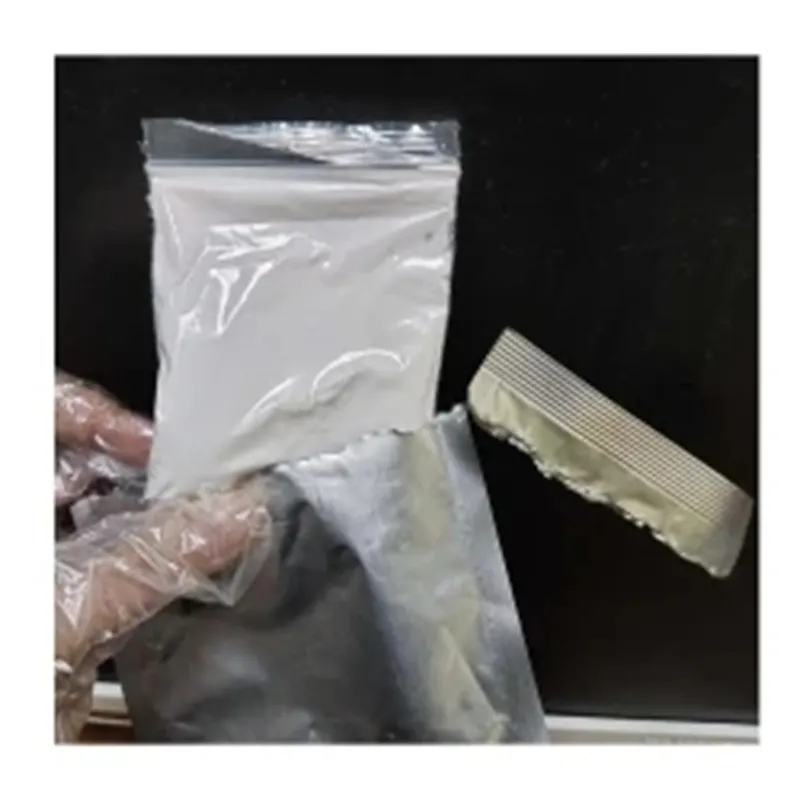Warning: Undefined array key "title" in /home/www/wwwroot/HTML/www.exportstart.com/wp-content/themes/1198/header.php on line 6
Warning: Undefined array key "file" in /home/www/wwwroot/HTML/www.exportstart.com/wp-content/themes/1198/header.php on line 7
Warning: Undefined array key "title" in /home/www/wwwroot/HTML/www.exportstart.com/wp-content/themes/1198/header.php on line 7
Warning: Undefined array key "title" in /home/www/wwwroot/HTML/www.exportstart.com/wp-content/themes/1198/header.php on line 7
- Afrikaans
- Albanian
- Amharic
- Arabic
- Armenian
- Azerbaijani
- Basque
- Belarusian
- Bengali
- Bosnian
- Bulgarian
- Catalan
- Cebuano
- China
- China (Taiwan)
- Corsican
- Croatian
- Czech
- Danish
- Dutch
- English
- Esperanto
- Estonian
- Finnish
- French
- Frisian
- Galician
- Georgian
- German
- Greek
- Gujarati
- Haitian Creole
- hausa
- hawaiian
- Hebrew
- Hindi
- Miao
- Hungarian
- Icelandic
- igbo
- Indonesian
- irish
- Italian
- Japanese
- Javanese
- Kannada
- kazakh
- Khmer
- Rwandese
- Korean
- Kurdish
- Kyrgyz
- Lao
- Latin
- Latvian
- Lithuanian
- Luxembourgish
- Macedonian
- Malgashi
- Malay
- Malayalam
- Maltese
- Maori
- Marathi
- Mongolian
- Myanmar
- Nepali
- Norwegian
- Norwegian
- Occitan
- Pashto
- Persian
- Polish
- Portuguese
- Punjabi
- Romanian
- Russian
- Samoan
- Scottish Gaelic
- Serbian
- Sesotho
- Shona
- Sindhi
- Sinhala
- Slovak
- Slovenian
- Somali
- Spanish
- Sundanese
- Swahili
- Swedish
- Tagalog
- Tajik
- Tamil
- Tatar
- Telugu
- Thai
- Turkish
- Turkmen
- Ukrainian
- Urdu
- Uighur
- Uzbek
- Vietnamese
- Welsh
- Bantu
- Yiddish
- Yoruba
- Zulu
Sep . 07, 2024 13:02 Back to list
Natural Xanthan Gum | Premium Quality Thickening Agent
The Benefits and Uses of Natural Xanthan Gum
Xanthan gum is a polysaccharide that has gained immense popularity in the food and cosmetic industries due to its unique properties and versatility. It is produced through the fermentation of carbohydrates by the bacterium Xanthomonas campestris. As consumers increasingly seek natural and healthier alternatives, natural xanthan gum has emerged as a favorite ingredient for its many benefits.
One of the primary characteristics of xanthan gum is its ability to thicken liquids. This property makes it an excellent thickening agent in sauces, salad dressings, and soups. Unlike many synthetic thickeners, xanthan gum is stable under various pH levels and temperatures, allowing it to maintain its thickening power without altering the flavor of the product. Its unique ability to create a smooth, viscous texture makes it a desirable ingredient in culinary applications.
In addition to its thickening qualities, xanthan gum acts as an emulsifier, helping to stabilize mixtures of oil and water. This is particularly useful in the production of salad dressings and mayonnaise, where it prevents separation and keeps ingredients well-mixed. By improving the texture and consistency of these products, xanthan gum enhances the overall eating experience, making it a vital ingredient in many processed foods.
natural xanthan gum

Natural xanthan gum also plays a significant role in gluten-free products. For individuals with celiac disease or gluten sensitivity, replacing wheat flour can be challenging, as gluten is what gives traditional baked goods their structure. Xanthan gum serves as a perfect substitute, providing the necessary elasticity and structure that gluten would normally contribute. When used in combination with other gluten-free flours, xanthan gum can help produce bread, cakes, and cookies that closely resemble their gluten-containing counterparts.
Beyond its culinary applications, natural xanthan gum is widely used in the cosmetic and personal care industry. Its thickening and stabilizing properties make it a common ingredient in lotions, creams, shampoos, and other beauty products. Xanthan gum helps improve the viscosity of these products, ensuring a smooth application while enhancing the sensory experience. Additionally, its natural origins appeal to consumers looking for clean-label products, as they often prefer ingredients that are derived from natural sources.
Moreover, xanthan gum boasts various health benefits. It is a soluble fiber that can aid in digestion and promote gut health. Studies have shown that consuming xanthan gum may help lower blood sugar levels by slowing down the absorption of glucose. As a prebiotic, it also supports the growth of beneficial gut bacteria, contributing to overall digestive well-being.
In conclusion, natural xanthan gum is a multifaceted ingredient that serves a variety of functions across different industries. Its ability to thicken, stabilize, and improve textures makes it an invaluable addition to many food products, particularly in gluten-free baking. Furthermore, its role in cosmetics and potential health benefits underscores its versatility and appeal. As consumer preferences continue to shift towards natural ingredients, xanthan gum is poised to remain a staple in both culinary and personal care applications for years to come.
Latest news
-
Certifications for Vegetarian and Xanthan Gum Vegetarian
NewsJun.17,2025
-
Sustainability Trends Reshaping the SLES N70 Market
NewsJun.17,2025
-
Propylene Glycol Use in Vaccines: Balancing Function and Perception
NewsJun.17,2025
-
Petroleum Jelly in Skincare: Balancing Benefits and Backlash
NewsJun.17,2025
-
Energy Price Volatility and Ripple Effect on Caprolactam Markets
NewsJun.17,2025
-
Spectroscopic Techniques for Adipic Acid Molecular Weight
NewsJun.17,2025

